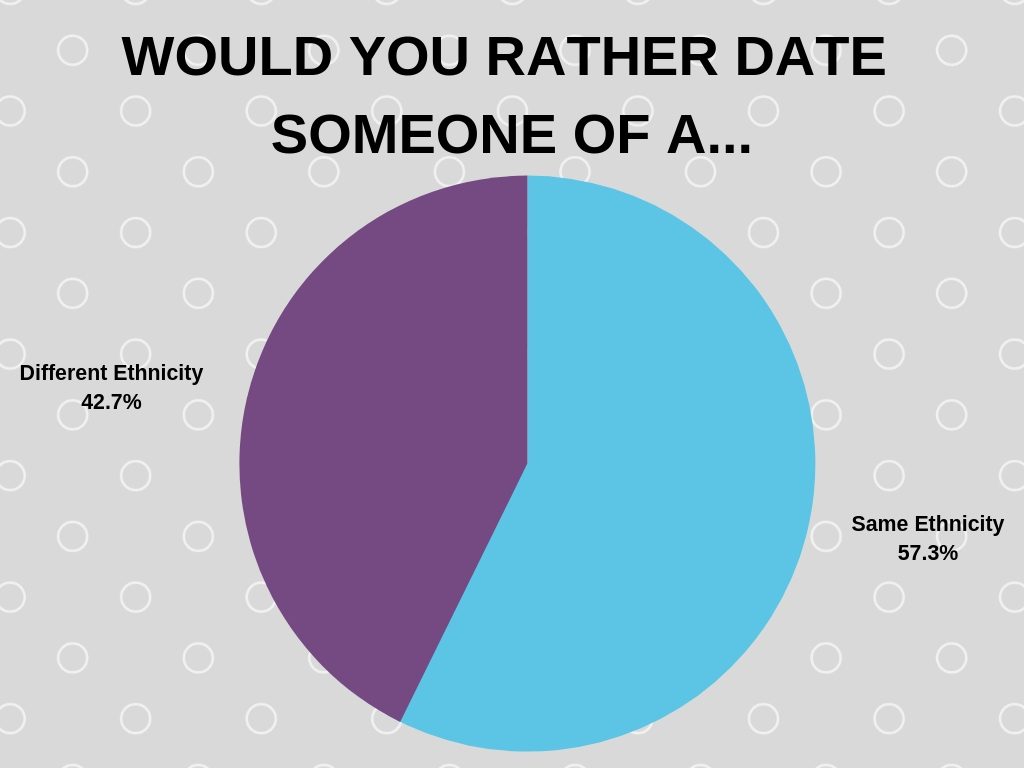

By Gia Arroyo
As a pastor’s kid, I have seen the behind-the-scenes dynamics of churches. Up until the age of 15, most of the Seventh-day Adventist churches I attended had only one service. When my family moved to Central Florida, I discovered that many churches in the area had different church services based on worship style. The services were created to cater to different crowds.
At first, I thought it was a good idea because it allowed those who wanted something different to worship together. As I’ve grown, I think my opinion on multiple services has changed.
Now, before I continue, let me say this: There is a difference between a church having different services due to congregational size and because it wants to cater to different audiences. My opinion on the issue has shifted because I have seen the negative side of it. I now see churches that cater to different audiences suffering from split personalities. These churches are the ones that want to have the best of both worlds. Often, in the process, they compromise their identity and mission.
My most recent home church originally had two services when my family arrived. The traditional service began early on Sabbath mornings and ended a few minutes shy of noon. This service used hymns that were accompanied by a piano as the praise and worship and then was followed by the church choir.
This is the standard traditional SDA church. But by 12:30 p.m. , the piano was stripped from the stage, and the drums pulled out. Screens were pulled down and fluorescent lights filled the church. Second service had begun.
This service had it all! Videos, skits, snacks before service, and even the length of the service was different. You wouldn’t be able to tell that these were members of the same church!
Many arguments about the services were held at board meetings, often pushing members farther away from each other.
These churches decide to split themselves in half only to please various groups. They’d rather lose their overall identity for the sake of keeping members and also keeping the money that these people bring in. When churches are split in services, it is very difficult to say that they are united. They are far from it.
For a problem like this, I see two solutions. The first solution is learning to compromise. Eventually, my church learned how important it was to be one big and beautiful congregation. Being able to sing hymns was important to the conservative members, and having more upbeat music was something that the younger generation wanted. The compromise: Singing hymns a contemporary way. One by one, the church worked through all the reasons they were a split church until they began having one big service again.
The second solution is joining all the contemporary services to make one big church congregation. All of these churches are doing the same format during their contemporary service… colorful lights, drums, and refreshments in the church lobby. For the sake of being united, it makes sense to join them together. This step is easier said than done, but its just an idea.
There is no wrong or right way to praise God. We may be united in the message, but we are divided by practice.
Being united in the church means spending time together and worshiping God as a community. It is possible to have a church with different audiences. Compromise is key. It is time to make compromises and unite rather than split up.

